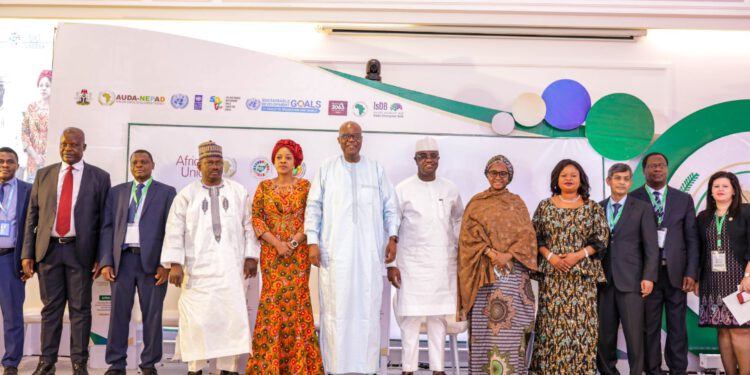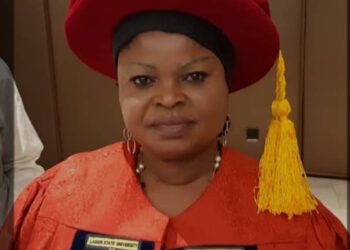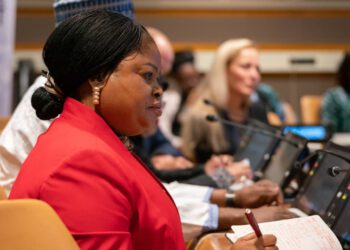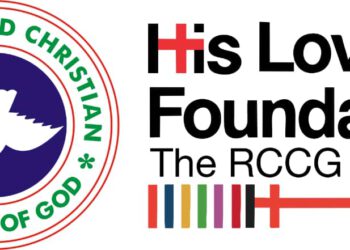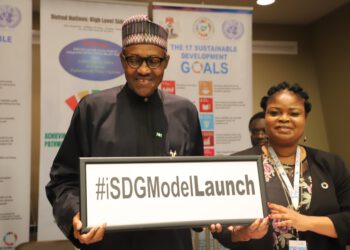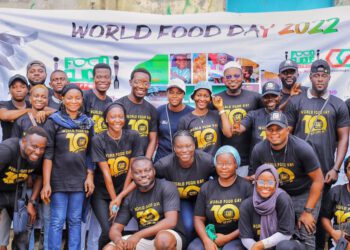The Vice President, who was represented the Minister of Finance, Budget and National Planning, Zainab Ahmed, spoke in Abuja on Monday at the African Union-African Peer Review Mechanism (APRM) Continental Capacity-Building Workshop on Africa’s Voluntary National Reviews (VNR) for the 2022 High Level Political Forum (HLPF) and Domestication of Agenda 2063.“
The 2-day Continental Workshop was organised in collaboration with the Office of the Senior Special Assistant to the President on Sustainable Development Goals (OSSAP-SDGs) led by Princess Adejoke Orelope-Adefulire, on behalf of the Government of Nigeria and the United Nations Department of Economic and Social Affairs (UN DESA) and the Nigerian office of the African Union Development Agency, New Partnership for African Development and African Peer Review Mechanism (AUDA-NEPAD/APRM) led by Princess Gloria Akobundu, with support from other organisations.
The continental workshop aims to support national capacities of AU member States in preparations for the Voluntary National Reviews (VNRs) to be presented at the High-level Political Forum on Sustainable Development (HLPF) in July 2022. It also offers a regional platform for peer-learning on best practices of the integration and implementation of the 2030 Agenda for Sustainable Development and Agenda 2063, domestication challenges at national and local levels alongside forging monitoring and evaluation tools to report on both agendas in tandem.
Speaking at the event, Osinbajo reeled out various policies, programmes and initiatives of the Nigerian Government aimed at achieving the SDGs and ameliorating the negative impact of COVID-19 on the nation’s economy and the populace.
Osinbajo stated that to achieve the SDGs and its effective implementation, “Nigeria has established six SDGs innovation hubs, one in each geo-political zone; this provides an opportunity for States to leverage and dialogue with all relevant stakeholders to accelerate innovative solutions, prioritizing social protection as a tool to overcome the bottlenecks and expanding financing options to accelerate the achievement of SDGs in Nigeria.
“Permit me to let you know that since the adoption of the AU Agenda 2063 and the UN Agenda 2030, the Nigerian Government has embarked upon a process of domesticating these agendas at the national and sub-national levels.
“Interestingly, the new National Development Plan (NDP) 2021-2025 has strategies that aim at achieving the targets set under each of the goals in both Agendas while the capacities of policy makers are being strengthened to ensure their implementation in an integrated and coherent manner in order to facilitate an inclusive implementation processes across all relevant sectors.”
Osinbajo noted that the genesis of Agenda 2063 was the realisation by African leaders that there was a need to refocus and reprioritise Africa’s agenda from the struggle against apartheid and the attainment of political independence for the continent.
He added that Agenda 2063 is equally an arrangement that prioritises inclusive social and economic development, continental and regional integration, democratic governance, peace and security among other issues.
“The objective of which is to reposition Africa to becoming a dominant player in the global arena,” the VP said.
The Senior Special Assistant to the President on Sustainable Development Goals, Princess Adejoke Orelope-Adefulire explained that the event, which is a follow-up to similar ones held in Addis Ababa, Kigali and Djibouti forms part of efforts to fast-track the achievement of the SDGs and Agenda 2063 in African countries.
She said Nigeria has recorded significant progress in the implementation of the SDGs in many areas, including supporting the 36 states and the Federal Capital Territory (FCT) to prioritise and mainstream the SDGs into their medium and long-term development policies and plans.
In her remarks, Princess Gloria Akobundu said the event was intended for African countries to share experiences and learn from one another on the implementation of the UN’s Agenda 2030 and the AU’s Agenda 2063 and how best to mitigate the impact of COVID-19 on the populace.
“At the end of the day, the outcome of this event will be presented at the HLPF come June 2022 at the United Nations,” Akobundu said.
The workshop had in attendance, representatives from 22 African countries, heads of Ministries, Department and Agencies in Nigeria as well as SDGs State Focal Persons/representatives from the 36 States and the FCT.


